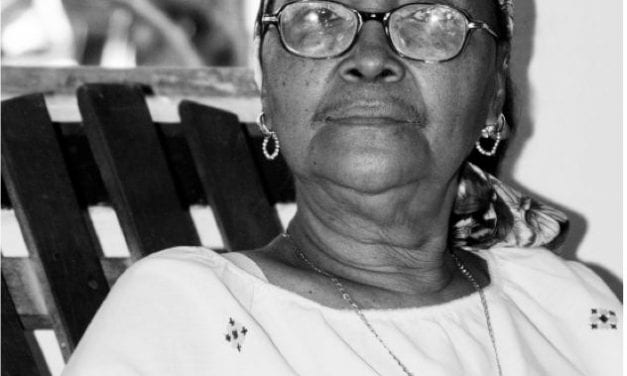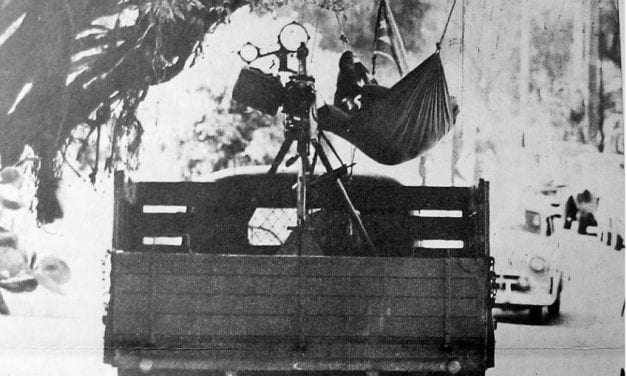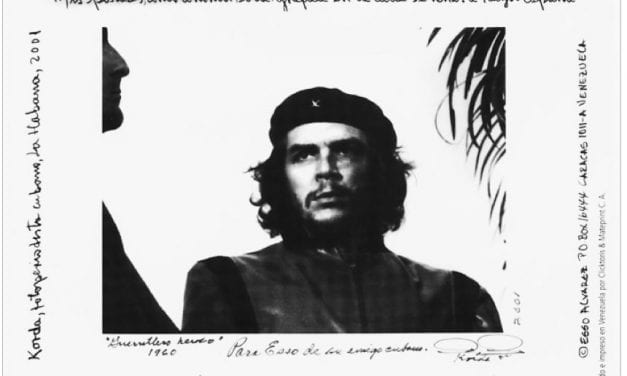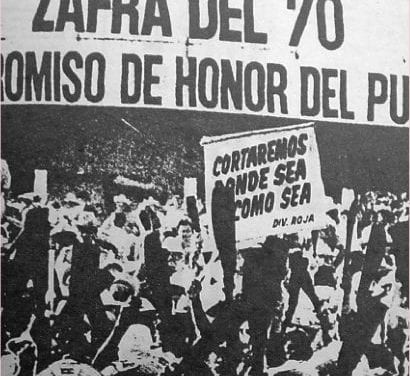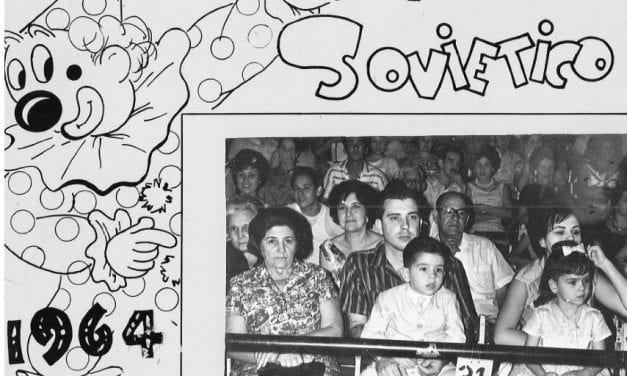Cuban’s Memories of the 1960s: The Ecstasies and the Agonies
The 1960s was a tumultuous decade in Cuba. For islanders, the decade began in 1959 with the overthrow of the dictator Fulgencio Batista, the emblematic “triumph of the revolution.” It ended in 1970 with the disastrous sugar harvest, which ushered in the Sovietization of Cuba. In contrast to official history, a one-dimensional story of good versus evil, the three life histories related here portray close-up the ecstasies and the …
Read More
